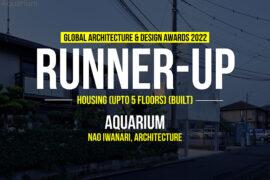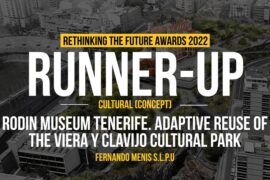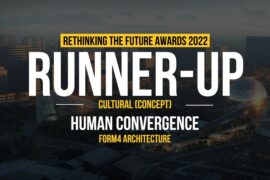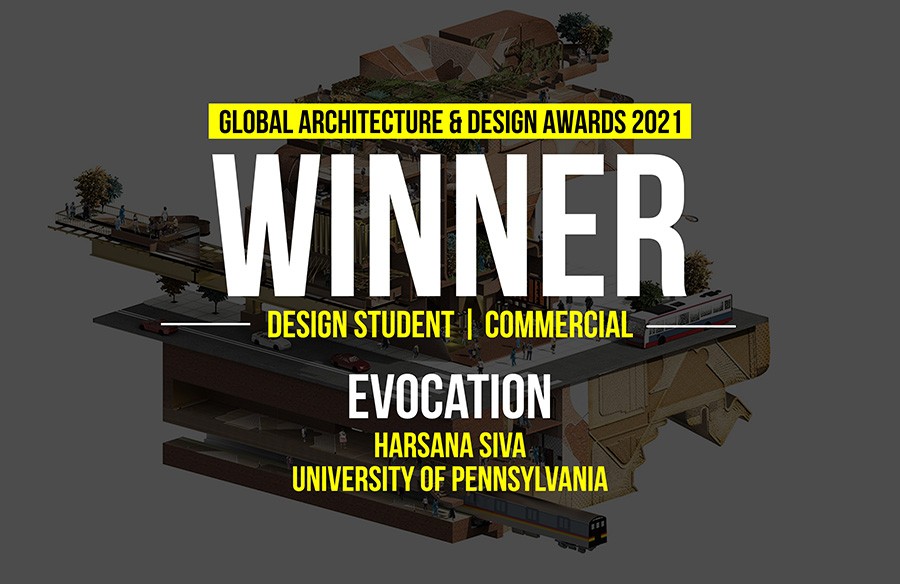Using the program of a bicameral Performing Arts Center located on Boston’s waterfront, the studio embraces the site as it transitions from terrain vague, towards a new, terraformed urbanism. Can the architecture and remnant site infrastructure be recast as an integrated experience of land, water, space, and sensuality that regenerates a calcified, and isolated site… where an intuitive sculpting and terra-forming go hand-in-hand to unfold and re-stitch the building as a catalytic participant in the remaking of the city? And given the need for innovative types of gathering, how will the consideration of the land form inspire the auditoria themselves, the shape of the seating bowls or the spaces which support them?
Architects: Nicolas Turchi
Status: Concept
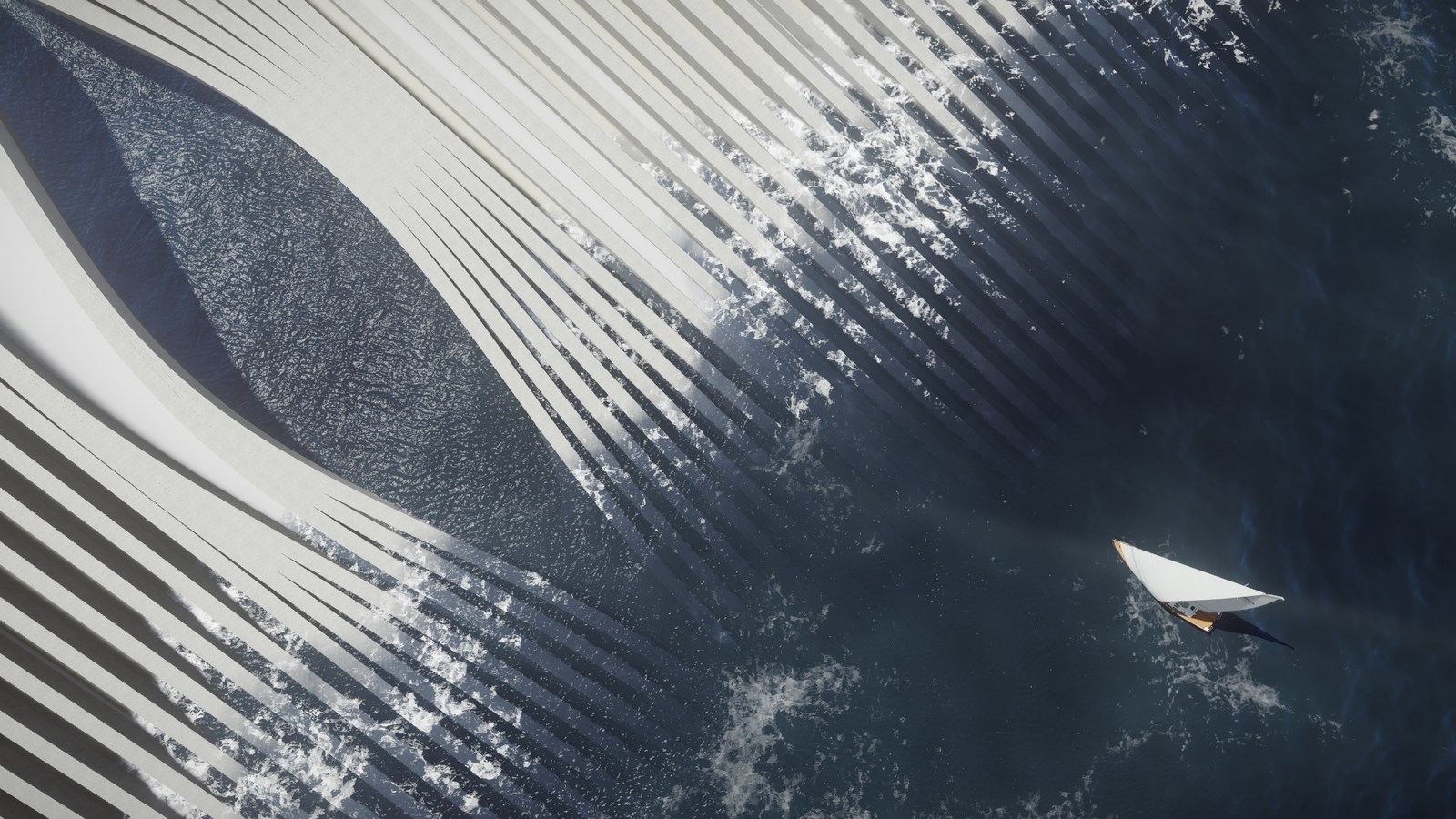
WATER/MUSIC: In Short: The program has been expanded to include public baths and indoor/outdoor pools where people can relax while listening to live musical events, and in so doing rediscover the almost lost relationship which the city of Boston once had with the water’s edge.
The fragmented and layered nature of the landform enriches biodiversity and encourages nature’s role in the future development of this area, leaving a large part of it to its citizens in the form of a public park.
The conception of architectural objects gets lost as the building’s boundaries are blurred within the landscape.
In the same way, the new landscape perfectly integrates with the water edge on one side, and within the industrial harbor on the other one.
This project aims to exploit the potential of natural formations and their possible use in a contemporary architecture that aims to attract people to share an experience.
Nowadays, everyone can get the best quality sound experience simply staying at home and listening music on his headphones. However, people still feel the need of living an experience and sharing it, That is where architecture can play a primary role in defining new scenarios for unprecedented experiences.


Program and Genesis: Located in a developing area of the Boston waterfront, the project stands between landscape, urbanism and architecture, in an effort to set a new interdisciplinary approach for the renovation of an abandoned industrial area. As host to the new Boston Music Hall and a series of associated facilities like studio theaters and performance spaces, the project aims to merge music and water. As such the water’s edge is not strictly marked by a straight boundary which ignores the bathymetry. Instead the new edge is more fleeting, allowing the water to enter the site and interact playfully with the landform (in a way suggestive of the “Flyshes” of Zumbaia on the northern coast of Spain) while defining a new civic surface within the artificial landscape.

Organization: Wherever the landscape “stripes” open up they become collectors. Collectors of water, so swimming pools; collectors of people, so entrances to the building and main public areas; and finally collectors of music, hosting the auditoriums’ bowls.
As the landscape slowly flattens towards the water, the visitors will experience the outdoor pools and the public spaces that define the new water edge.
The main body of the program is allocated next to the existing building.
The existing building hosts the back of the house, staff ambiances, rehearsal rooms, administration offices and a parking garage.

The Experience
INTERIORS In the entrance, the atmosphere is always changing. The water reflections and shadows define an unprecedented experience within the sounds and music coming from nearby performing areas.
EXTERIORS
Losing the sense of what is artificial and what is not, the new landscape will partially allow water in, permitting it to gradually change the landscape configuration and helping wildlife to grow both in water and on the ground.
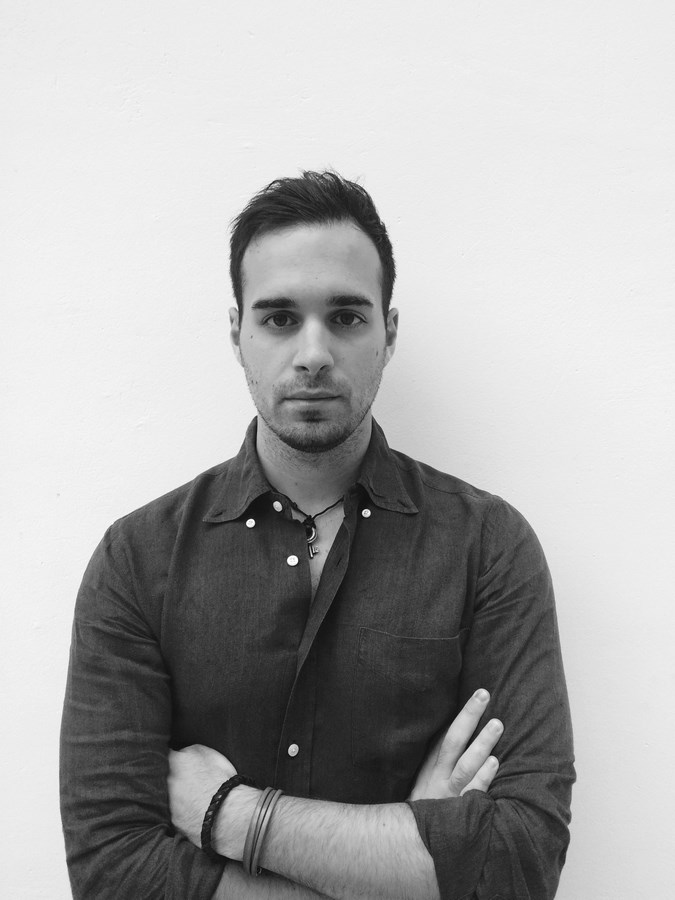
Nicolas Turchi
Nicolas Turchi is a designer currently working at Zaha Hadid Architects and a Digital Futures PhD scholar at Tongji University. Nicolas holds a Master in Architecture II from the Harvard Graduate School of Design and a Bachelor of Architecture from the University of Bologna. He has worked for several firms including Eisenman Architects, Xefirotarch, Mario Cucinella Architects and 5+1AA. Nicolas is particularly interested in emergent technologies and how they affect the theoretical aspect of the discipline. Nicolas has also been studying the relationship between architecture and philosophy and graduated with a thesis on Time and Space in architecture, influenced by the thoughts of Henri Bergson and Edmund Husserl.

